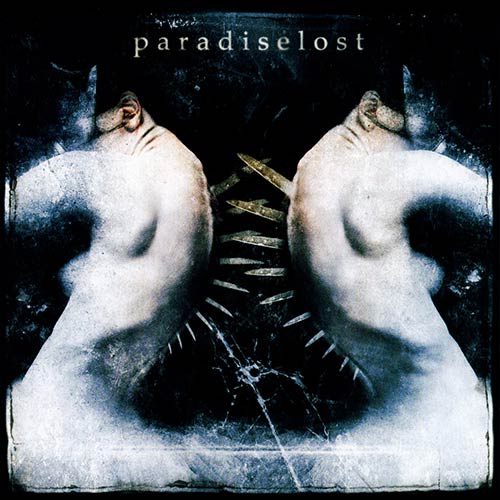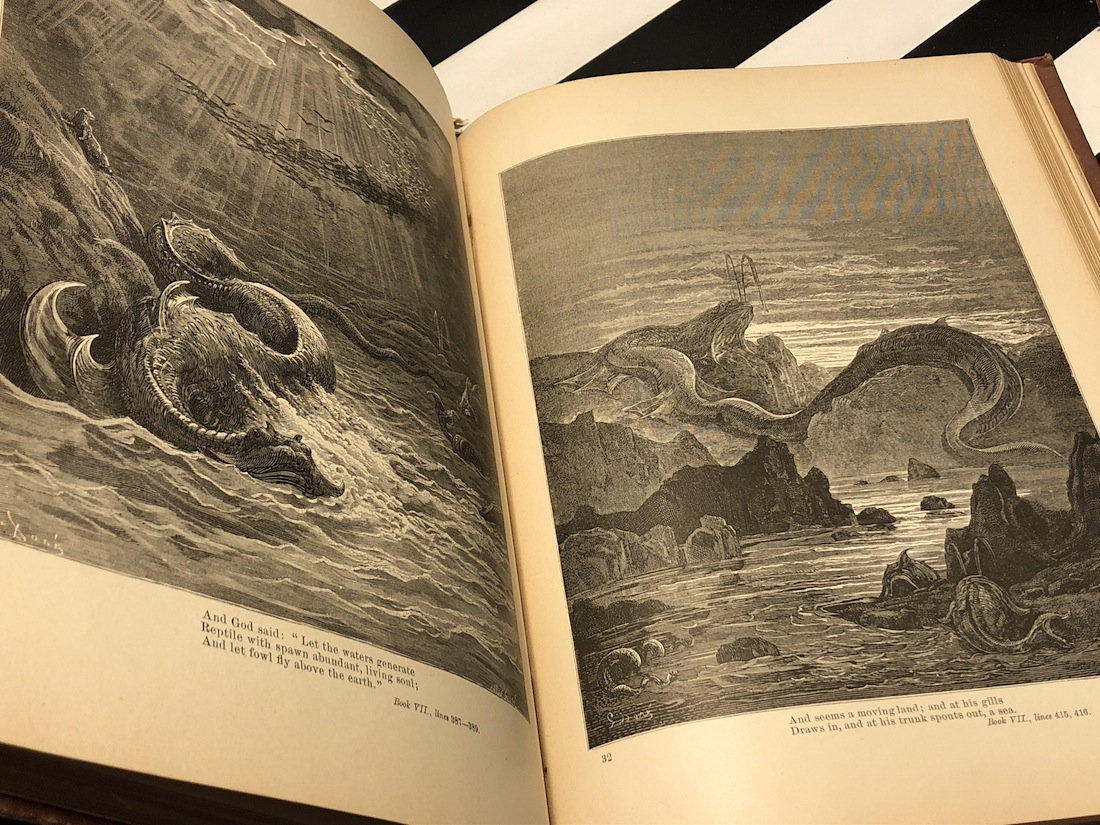

Before he enters the wilderness the Redeemer already knows that he must endure "many a hard assay, even to the death," ere he can come into his kingdom and the experience of the temptations deepens his sense of this fact and itsmeaning.


True the hero's passivity, as Christ maims plain when reproached by Satan, is no final rejection of action as such, merely a patient waiting on God's time.
Sparknotes paradise lost series#
It is passion, not contemplation, that is opposed to action, for Christ, as we shall see, rejects two temptations which are contemplative in character, as well as a whole series that involve action. In Paradise Regained, passion (in its root meaning) is the prevailing note. In Paradise Lost Christian heroism in its active aspect is presented in contrast to the pagan and diabolic. That Christian heroism is central to both epics, yet in such different ways, is characteristic of the relation between them. with good Still overcoming evil, and by small Accomplishing great things, by things deemed weak Subverting worldly strong, and worldly wise By simply meek that suffering for Truth's sake Is fortitude to highest victory, And to the faithful death the gate of life: Taught this by his example whom I now Acknowledge my Redeemer ever blest. These two ideas are embodied in the Christ of Paradise Regained, and the whole poem may be thought of as an elaboration of the words of Adam, repentant and now illuminated by his prophetic vision: Henceforth I learn that to obey is best, And love with fear the only God, to walk As in his presence, ever to observe His providence, and on him sole depend, 167 168 A. The restricted subject had still the merit of allowing Milton to take up and develop from Paradise Lost two ideas which were fundamental but could not be fully illustrated there: the idea of obedience to God as the beginning and end of virtue, and the idea of Christian heroism as something new and distinctive, different not simply in degree, but in kind, from every other. That is the essential relation of Paradise Regained to Paradise Los/. He sought instead in Christ's life on earth the single episode which most closely paralleled, and contrasted with, the crisis of the earlier epic, and this clearly was the Temptation in the Wilderness, where Satan attacked the Second Adam and met, instead of his former victory, defeat. Milton rejected the obvious possibility of a sequel which should treat the drama of Redemption at comparable length with the drama of the Fall. Its pattern is of a different order and self-contained, but is not therefore independent. But it is a mistake to infer that Paradise Regained bears no direct relation to Paradise Lost. That it is not a necessary sequel is clear from the fact that the scheme of salvation is set forth in Paradise Lost, whose subject, the Fall, is thus presented, according to the Christian view, as a tragic episode in a divine comedy. Woodhouse Paradise Regained has been thought of as the necessary sequel to Paradise Lost, and again as no sequel at all. Theme and Pattern in Paradise Regained IA. In lieu of an abstract, here is a brief excerpt of the content:


 0 kommentar(er)
0 kommentar(er)
